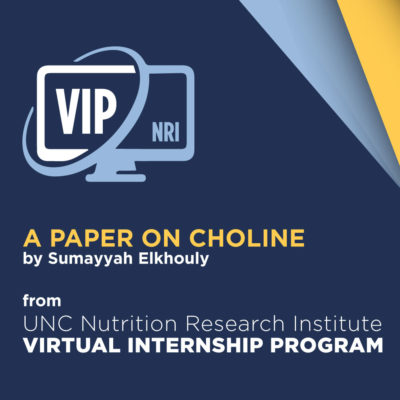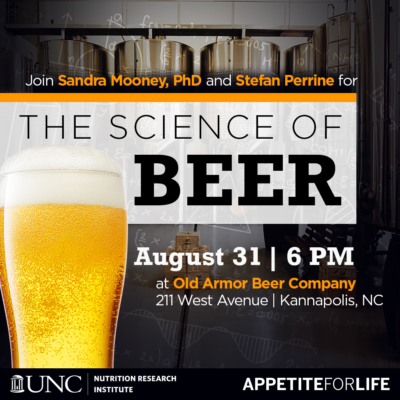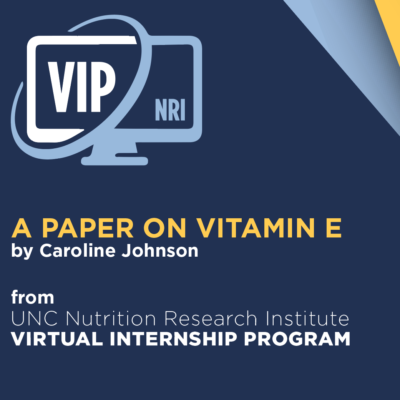Microbiome and Nutrition
The complex community of bacteria, yeasts and viruses living in our intestines, collectively known as the gut microbiome, is shaped, in part, by what we eat. Genetics, environment, and other factors also influence an individual’s microbial community. Research at the NRI investigates these complex relationships and their impact on disease risk. We use animal models and bioinformatics to study the associations between nutritional metabolites, gut microbiome, and health. What happens in the gut doesn’t stay in the gut. Your microbiome can play a role in cardiovascular disease, obesity and diabetes, and even cancer. Our team envisions a future where analysis of your microbiome can determine disease risk, and medical foods can be prescribed to treat and prevent disease by regulating the microbiome.
Publications
Microbiome and Nutrition Publications
2020
Population studies of TMAO and its precursors may help elucidate mechanisms. Meyer K
2019
Association of dietary patterns with the gut microbiota in older, community-dwelling men. Meyer K
2018
Meta-analysis of human genome-microbiome association studies: the MiBioGen consortium initiative. Meyer K
Human microbiota, blood group antigens, and disease. Sumner S
2017
Trimethylamine N-Oxide, the Microbiome, and Heart and Kidney Disease. Zeisel S
2016
Diet and Gut Microbial Function in Metabolic and Cardiovascular Disease Risk. Meyer K
Antibiotic-mediated gut microbiome perturbation accelerates development of type 1 diabetes in mice. Sumner S
Related News
Purchase a Brick
Pave the Way to a Healthier Future To purchase a commemorative brick, complete the form below. Upon hitting submit, you will be directed to the payment page. A 4″x8″ brick is $125. If you would like to buy more than one brick please revisit this page and place another...
A Paper on Choline
by Sumayyah Elkhouly The NRI’s fourth annual Virtual Internship Program (VIP) concluded on July 20 with 21 high school students from around the country presenting their research on the nutrients of their choice. Their research papers have been compiled into a journal,...
VIP Student Journal: 2023
Our Virtual Internship Program is offered to high school students (those entering 9th grade through recent graduates entering their freshman year of college in the fall of 2023. This four-week program provides opportunities to learn from NRI principal investigators, participate in group mentoring sessions, and complete an independent nutrition research paper and presentation.
Appetite for Life: The Science of Beer
A Paper on Vitamin E
by Caroline Johnson The NRI’s fourth annual Virtual Internship Program (VIP) concluded on July 20 with 21 high school students from around the country presenting their research on the nutrients of their choice. Caroline Johnson, a rising ninth grader at Pine Lake...





